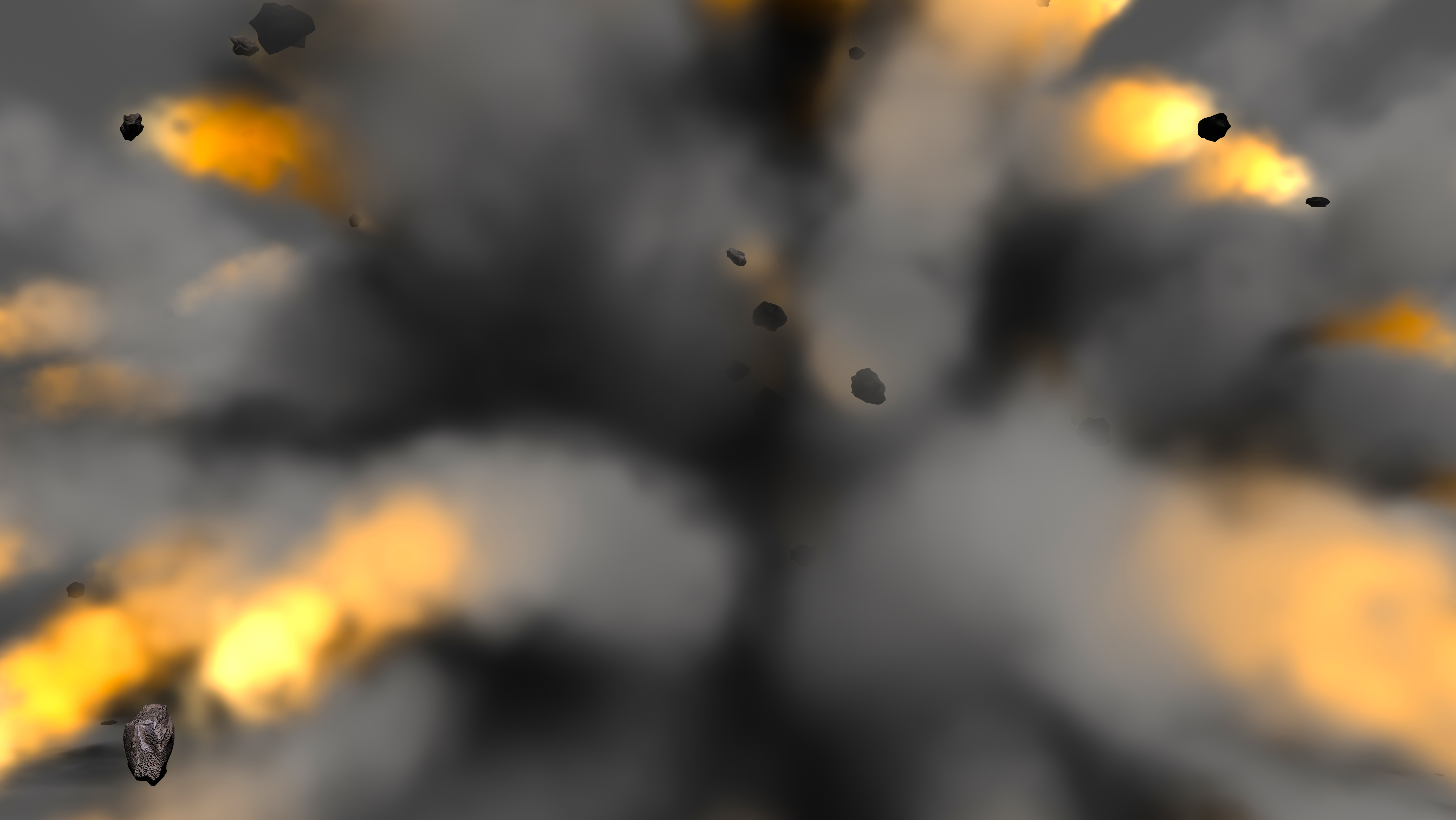
The blast near a Sunni mosque in the northern city of Kirkuk also wounded 22 people, sources said.
An AFP photographer at the scene said bodies, their clothes covered in blood, were placed in the back of a small police pickup truck to be taken away. Bright red blood stained the street.
Angry and grieving worshippers railed against those who carried out the attack, shouting, "God take revenge on those who are evil!"
Almost nothing is safe from attack by militants in Iraq, where violence has reached a level not seen since 2008 when the country was just emerging from a brutal sectarian conflict.
Secure targets such as prisons have been struck in past months, along with cafes, markets, mosques, football fields as well as weddings and funerals.
The increasing number of attacks on both Sunni and Shia gatherings has raised fears of a relapse into the intense sectarian bloodshed that killed tens of thousands of people in 2006-2007.
Analysts say the Shia-led government's failure to address the grievances of Iraq's Sunni Arab minority - which complains of being excluded from government jobs and senior posts and of abuses by security forces - has driven the surge in unrest.
Violence worsened sharply after security forces stormed a Sunni anti-government protest camp in northern Iraq on April 23, sparking clashes in which dozens died.
And while the authorities have made some concessions aimed at placating anti-government protesters and Sunnis in general, such as freeing prisoners and raising the salaries of Sunni anti-al Qaeda fighters, underlying issues remain unaddressed.
The Iraqi government has enacted new security measures and carried out wide-ranging operations against militants for more than two months, including dozens of executions, but has so far failed to curb the violence.
The latest unrest takes the number of people killed so far this month to more than 310 and to over 5,000 since the beginning of the year, according to AFP figures based on security and medical sources.
In addition to major security problems, the government has failed to provide adequate basic services such as electricity and clean water, and corruption is widespread.
Political squabbling has paralysed the government, while parliament has passed almost no major legislation in years.

















COMMENTS
Comments are moderated and generally will be posted if they are on-topic and not abusive.
For more information, please see our Comments FAQ